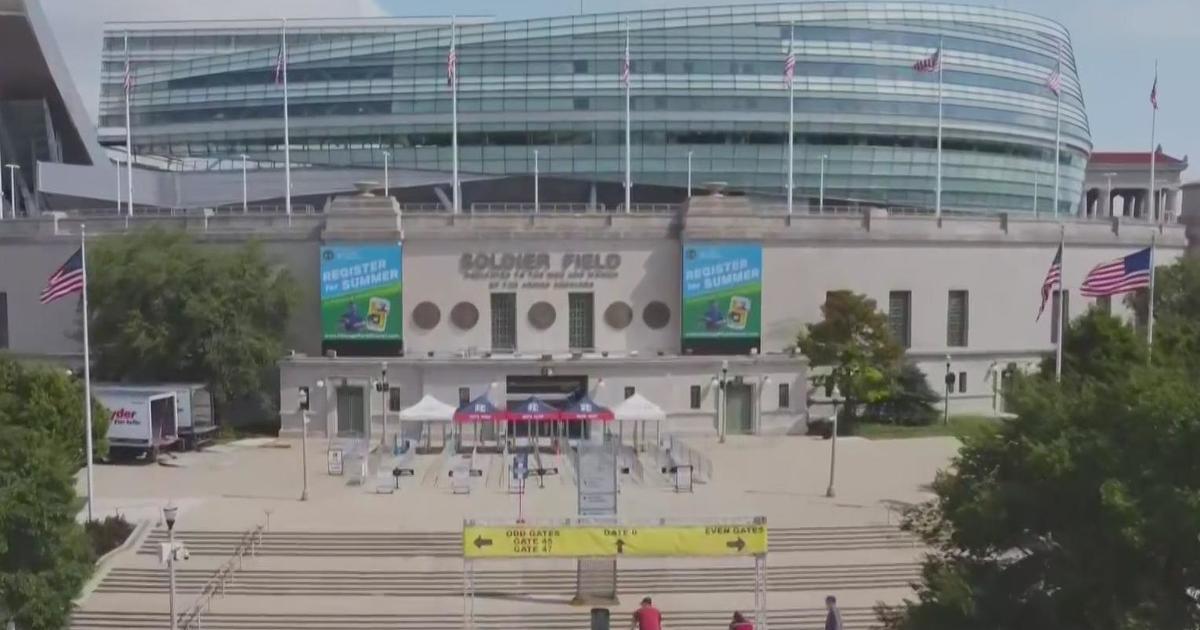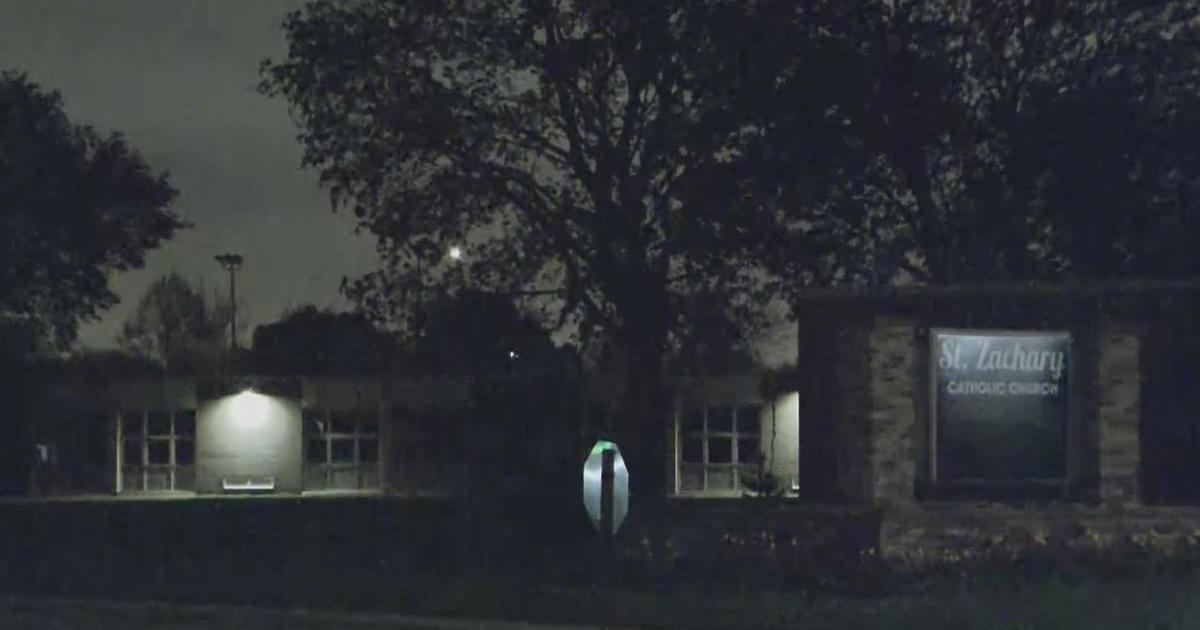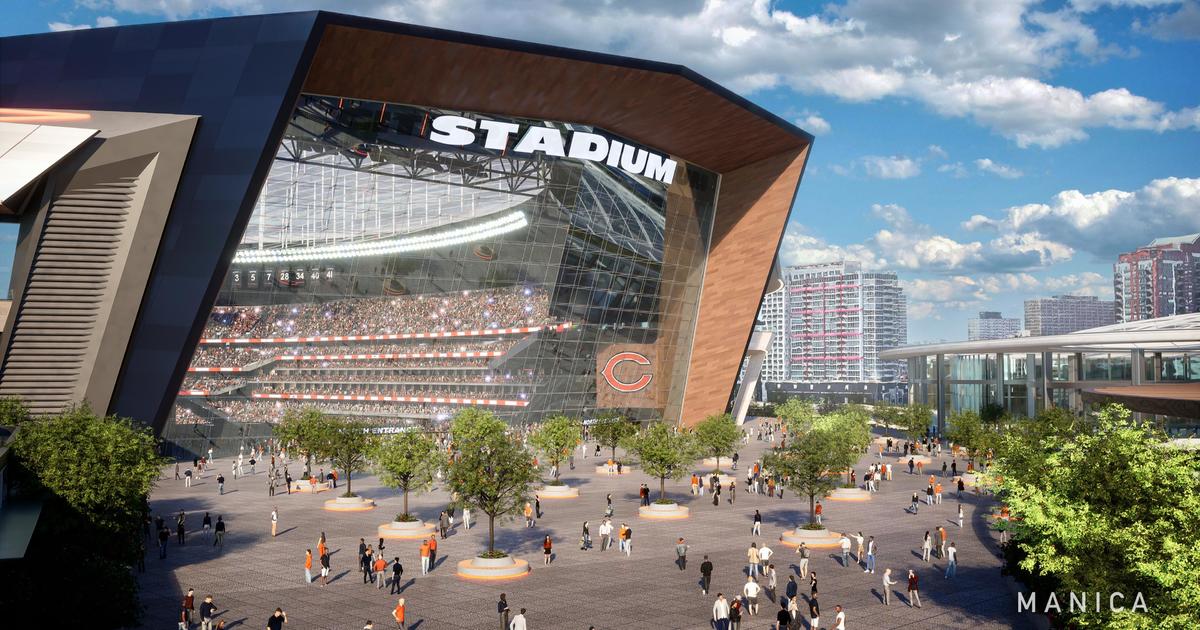Ten Years Later: Daley's Midnight Raid Shuts Down Meigs Field
CHICAGO (CBS) -- Ten years ago Saturday, then-Mayor Richard M. Daley had backhoes dig giant X's into the lone runway at Meigs Field in the middle of the night, setting the stage to turn the peninsula into a lakefront park.
WBBM Newsradio's Bernie Tafoya reports Daley's clandestine demolition of the runway at Meigs left the airport in a shambles, and stranded 16 planes at the airfield.
The move shocked Friends of the Parks President Erma Tranter, who was in favor of transforming Northerly Island into a lakefront park and nature preserve; even she thought the way the mayor went about it was ill-advised.
"It lacked transparency, of course," she said.
10th Anniversary Of Meigs Closing
Steve Whitney, president of Friends of Meigs Field, said the mayor lied about concerns about terrorist attacks being launched from the airport.
"it was basically done by both lying and cheating. He lied about the reason for it; he never was worried about terrorism. He always just wanted to have his park," he said. "In terms of cheating, he actually did it illegally."
The demolition of Meigs cost the city more than $1 million in federal fines, and reimbursement of grants, not counting legal fees defending the closure in court.
People who worked to try to keep Meigs Field open planned to meet this weekend to reminisce.
The single-strip Meigs Field opened on Northerly Island in 1947, and the runway was used almost exclusively by small private and charter planes.
Whitney said the airport benefitted the city in many ways.
"Almost all the traffic was business-related, and we had documented over $490 million – almost half a billion – in spending every year by Meigs users," he said.
Whitney claimed closing Meigs created more congestion at Midway International Airport.
Northerly Island now features walking and cycling paths, a bird hospital, and the Charter One Pavilion concert venue, and is open to fishing.
Future plans for the peninsula call for a more permanent concert pavilion; wetlands for migratory birds; and a chain of reefs around a deep water lagoon for swimming, canoeing, kayaking and SCUBA diving.
"The Army Corps [of Engineers] and the city and the Park District are working on a magnificent landscape; with water features, and ponds, and rookeries for fish," Tranter said.
The reefs are intended in part to restore populations of common Lake Michigan fish, including largemouth and smallmouth bass, walleye, brown trout, yellow perch and coho salmon, among others.



